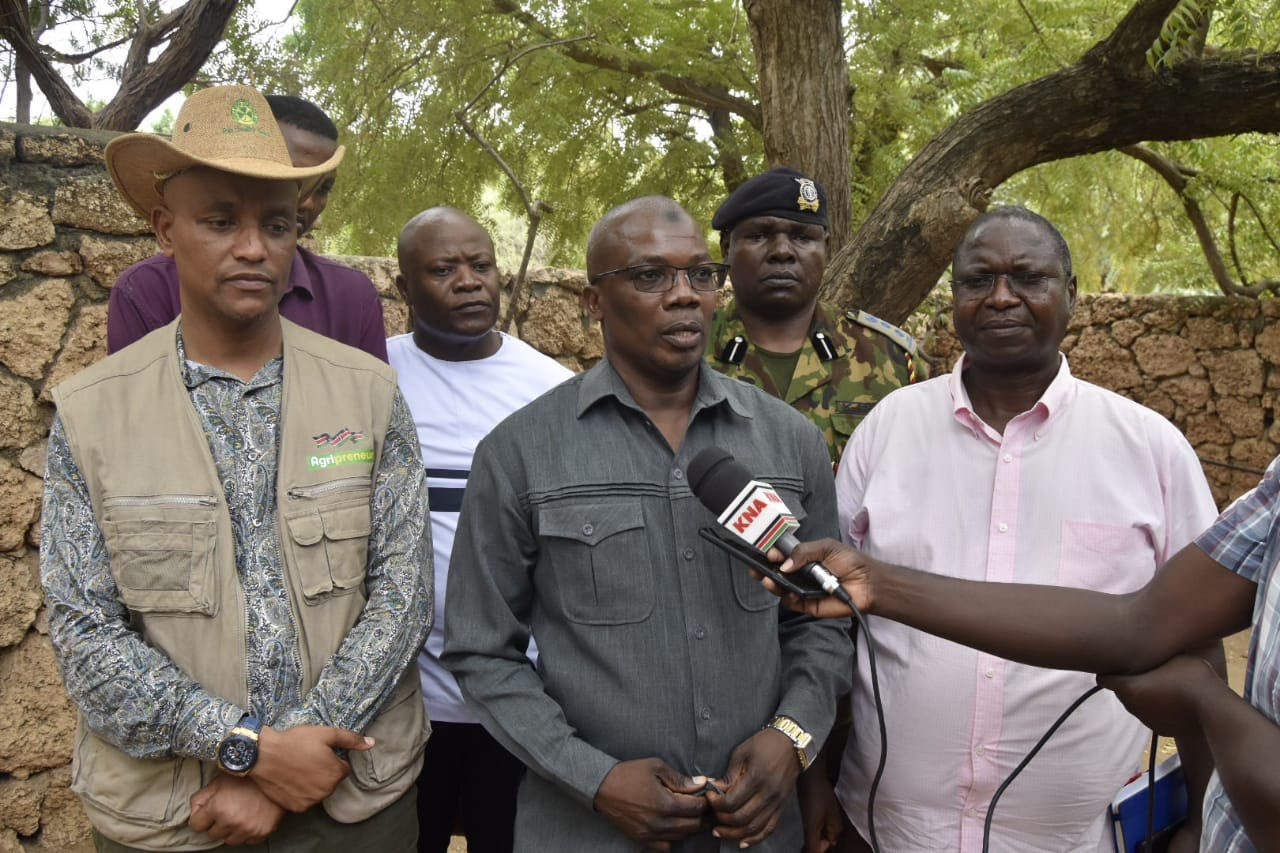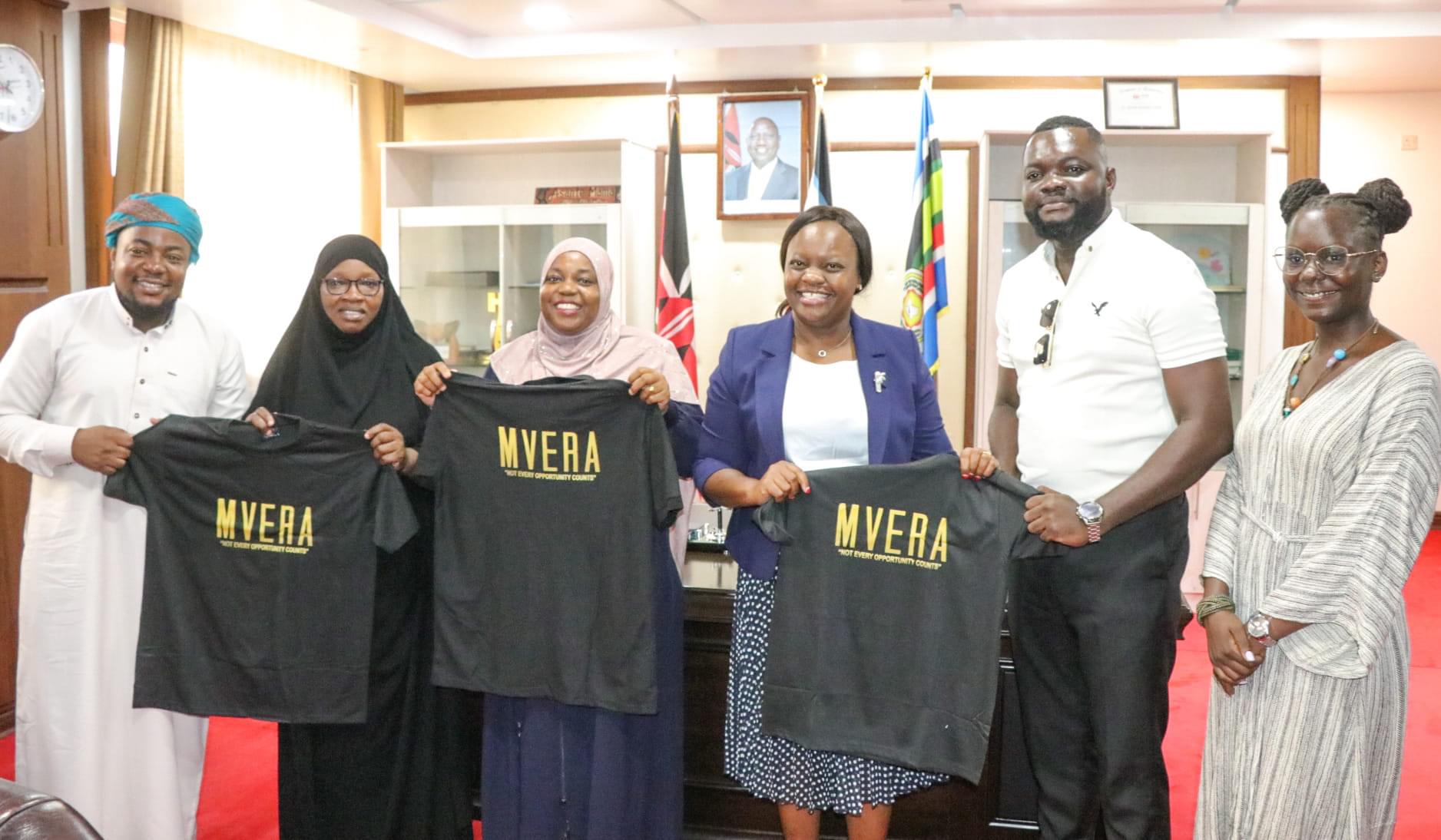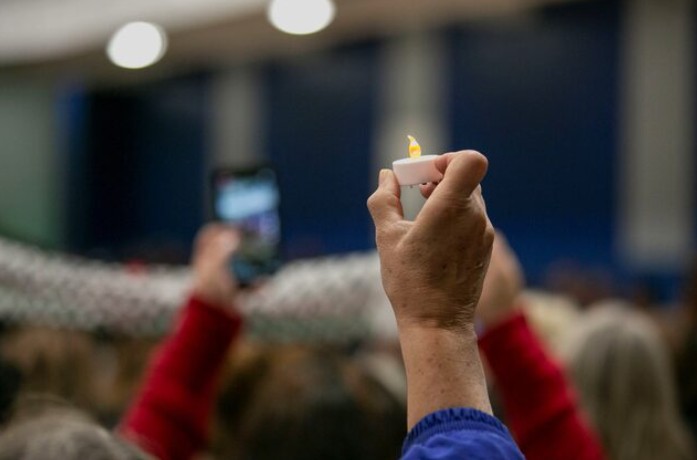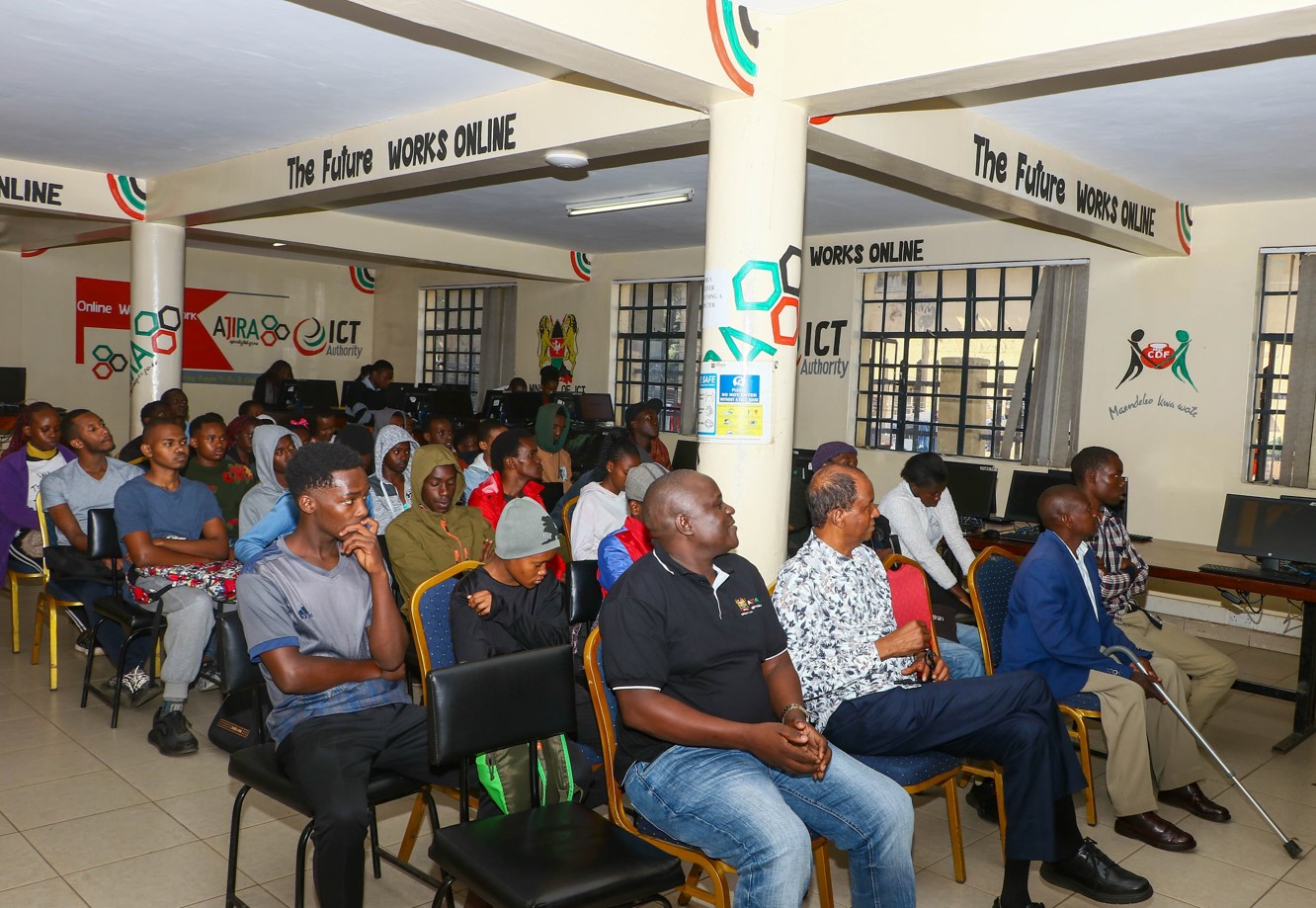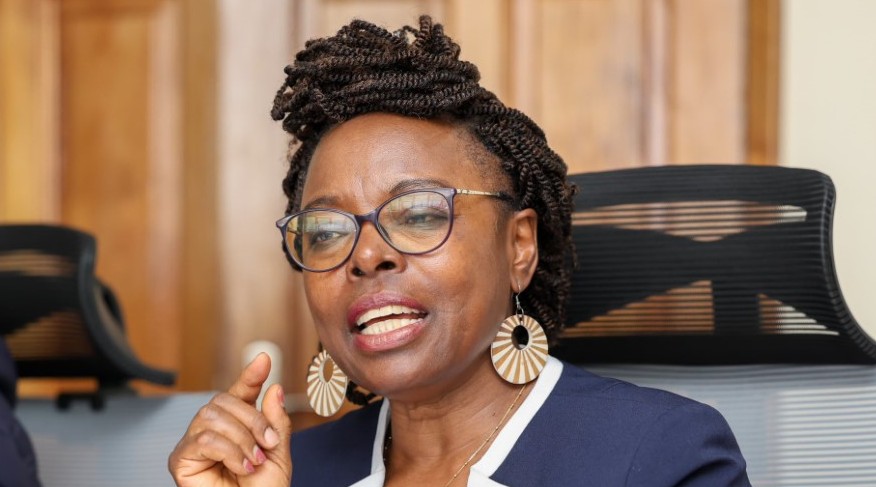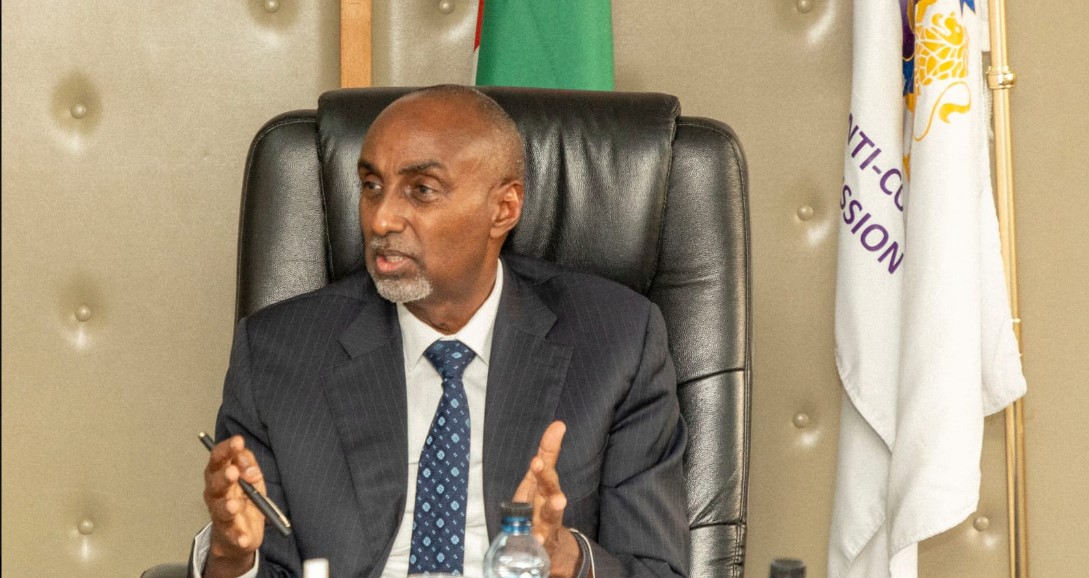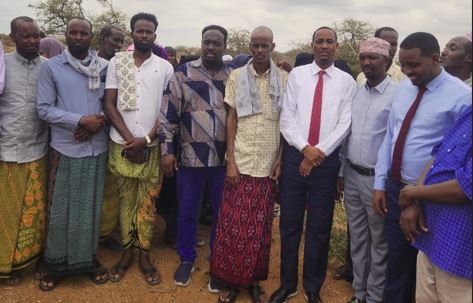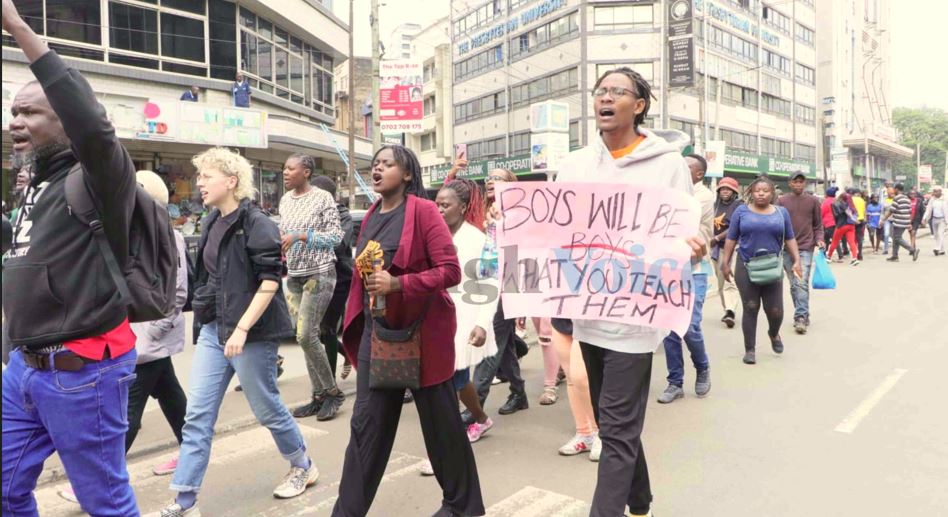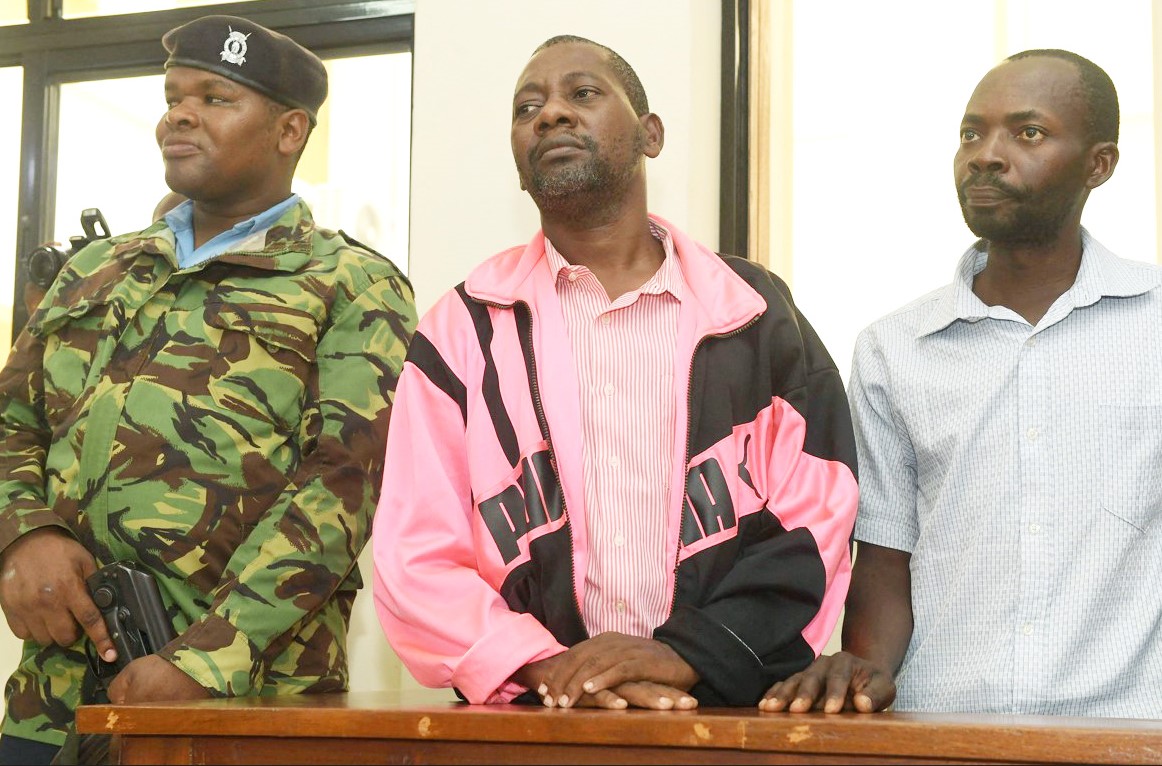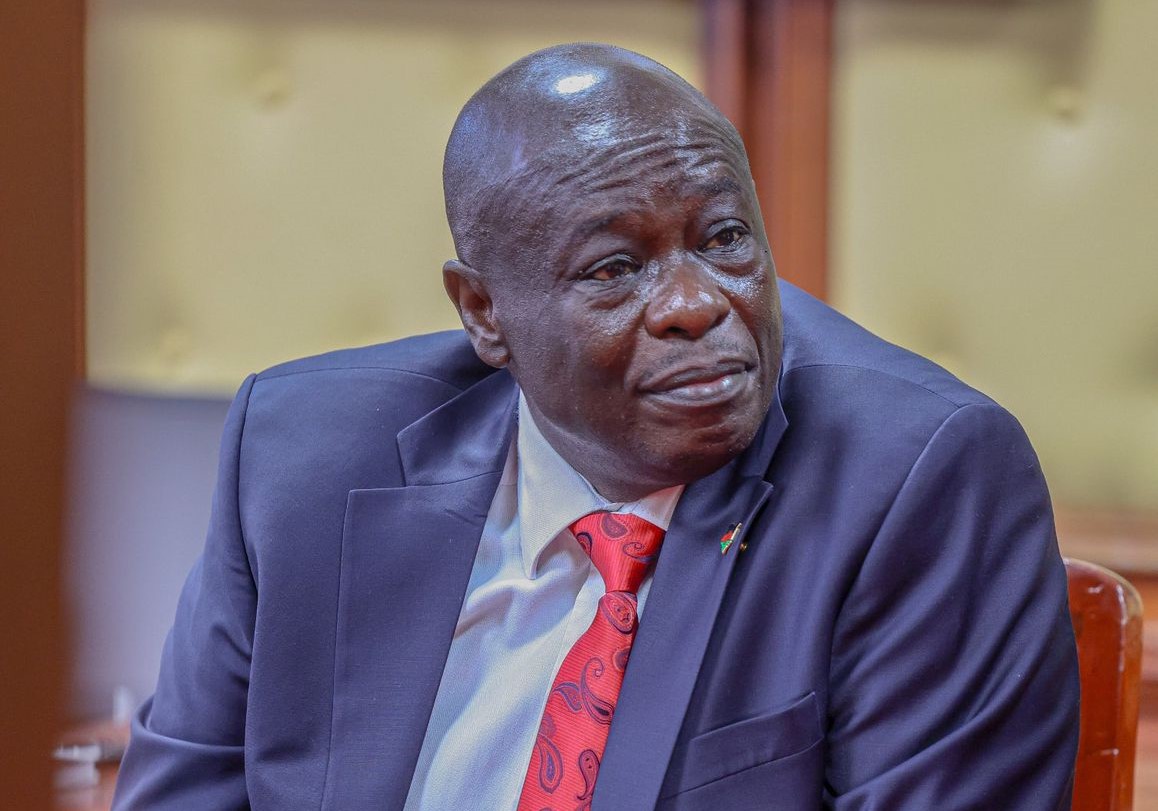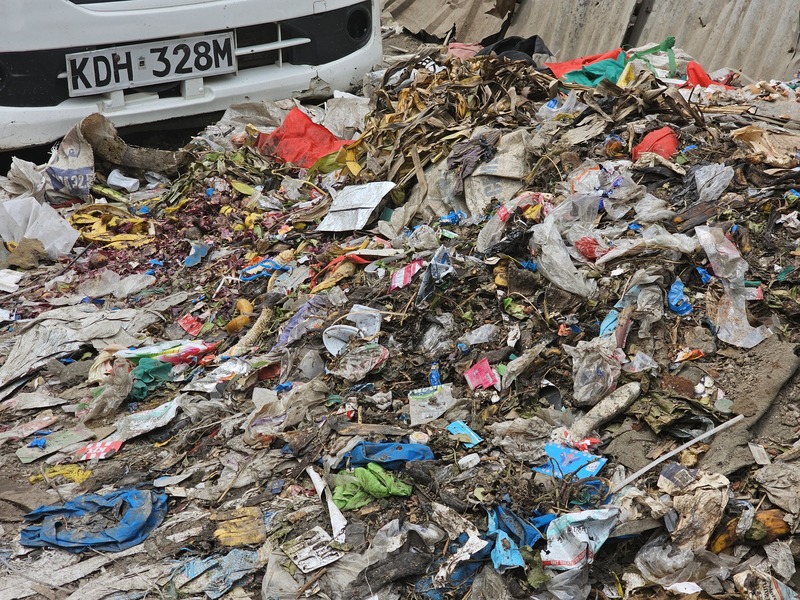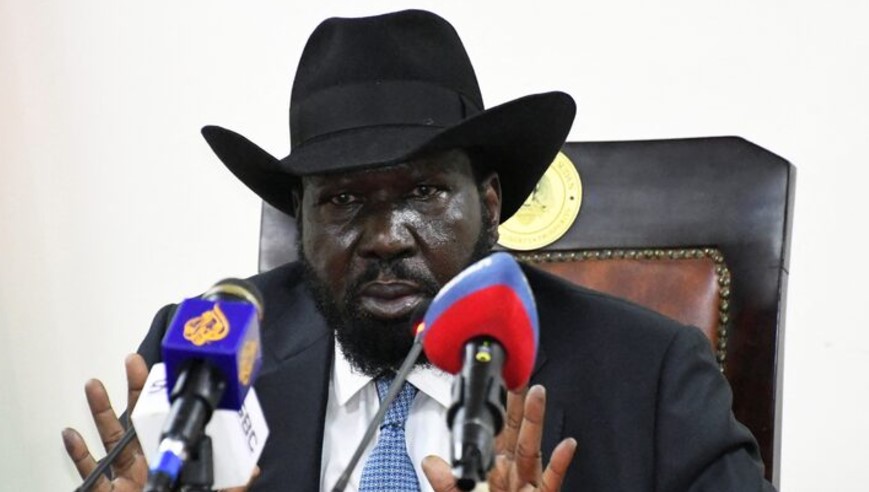SHA transition: Hospitals to receive Sh3.7 billion to clear long-standing NHIF debts
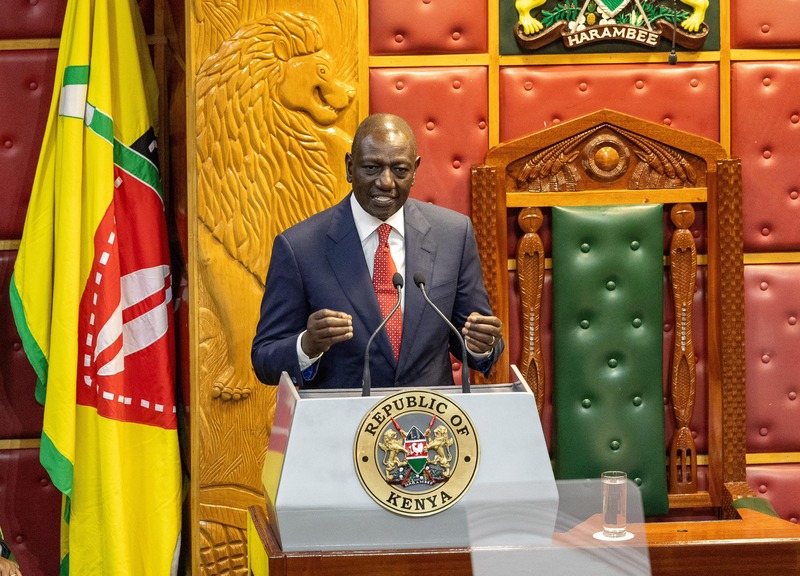
Ruto stated that the government had already disbursed Sh5 billion over the past month to settle similar obligations, some of which date back over a decade.
President William Ruto has revealed that Sh3.7 billion will be released on Friday, November 22, 2024, to address long-standing debts owed to public, private, and faith-based medical facilities.
While addressing the nation in Parliament on Thursday, Ruto stated that the government had already disbursed Sh5 billion over the past month to settle similar obligations, some of which date back over a decade.
More To Read
- Why environmentalists are casting doubts on Ruto’s Nairobi River cleanup efforts
- Rironi-Mau Summit road upgrade to begin in June, completion set for 2027
- Raila: I did not go to Ruto, he came to me in bid to stabilise Kenya
- President Ruto pledges Sh5 million for renovations at Nairobi’s Zawadi Primary School
“Over the past month, we have disbursed Sh5 billion to settle historical debts owed to public, private, and faith-based medical facilities, some of which have been pending for over a decade, and another Sh3.7 billion will be disbursed tomorrow,” he said.
Ruto also announced that the Social Health Authority (SHA) would settle all October claims in full by next week. He described these steps as part of broader efforts to stabilise Kenya’s healthcare system and ensure equitable access to services.
“We are now doing the heavy lifting: clearing decade-old debts, ensuring access to medicine and equipment, and stabilising a system that had failed too many, for too long. We are building a healthcare system that serves every citizen with equity and dignity,” he added.
Ruto also highlighted progress in the provision of free primary healthcare at dispensaries, health centres, and hospitals, as well as the gradual introduction of free ambulance and emergency services.
He noted that under the Taifa Care programme, specialised care, such as cardiothoracic surgery, is becoming more accessible to Kenyans without causing financial strain.
Through the Digital Health Act, he said the government has digitised healthcare services, including registration, eligibility checks, and claims processing.
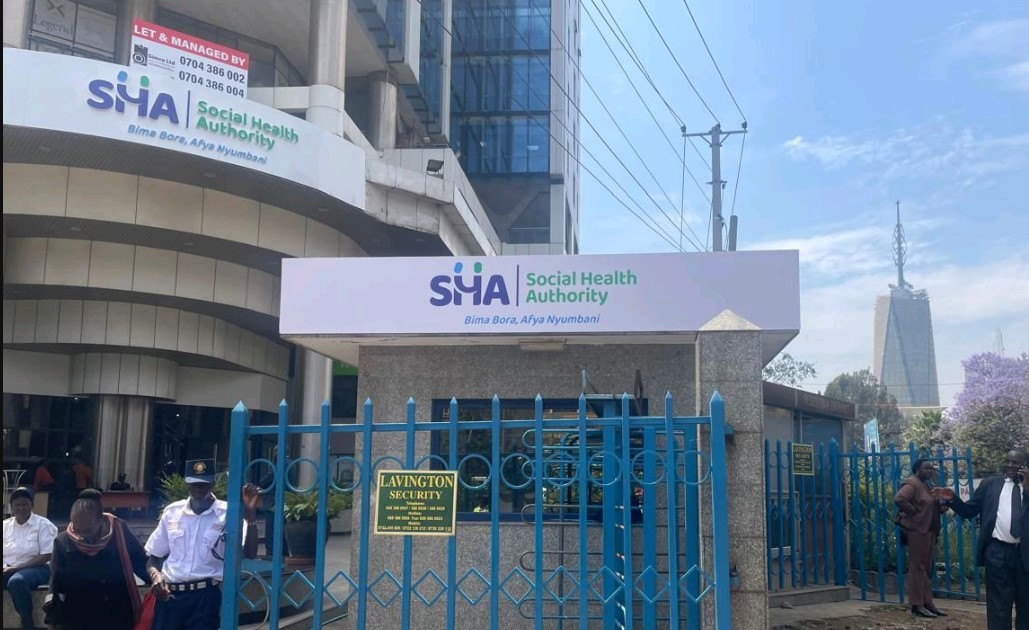 The Social Health Authority (SHA) headquarters in Nairobi. (Photo: SHA)
The Social Health Authority (SHA) headquarters in Nairobi. (Photo: SHA)
The president said this transformation is eliminating corruption, reducing inefficiencies, and ensuring resources are directed where needed most.
“Every step of the process from registration, eligibility checks, to claims is now digitised. By eliminating unnecessary human interaction, we are tackling corruption, reducing inefficiencies, and ensuring that resources are used where they are needed most,” Ruto said.
The president further noted that over 15 million Kenyans have enrolled in Taifa Care, with more than 60 per cent of employers successfully transitioning to the programme.
The newly launched Social Health Insurance Fund (SHIF) allows citizens to contribute towards comprehensive healthcare benefits, marking a significant shift from the previous National Health Insurance Fund (NHIF) model.
“The NHIF served a few salaried Kenyans and those who could pay, but Taifa Care covers every Kenyan regardless of their employment status. This represents a seismic shift from the old, reactive healthcare model to a forward-looking system that prioritises prevention and preparedness,” Ruto said.
The president also highlighted improvements in the alignment of contributions with the actual costs of healthcare under Taifa Care, a departure from NHIF’s debt-laden model.
Additionally, he noted that Taifa Care eliminates the waiting period between registration and service eligibility, ensuring immediate access to healthcare.
“I urge every Kenyan to take the most important step in securing dependable healthcare for themselves and their families: register now or at the earliest opportunity,” he said.
Top Stories Today
